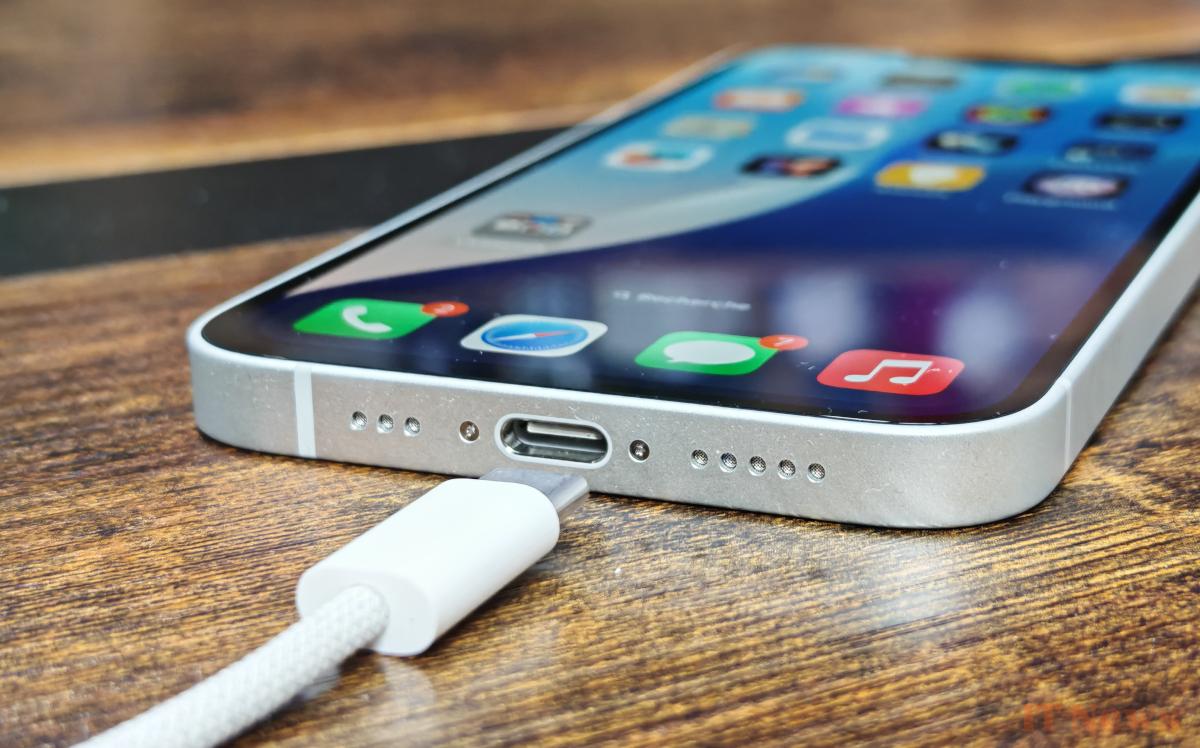To preserve the battery life of its future iPhone Air, Apple is reportedly considering switching to a more energy-efficient LTPO3 screen.
This year, Apple is expected to launch a brand new iPhone model, with a thin and light design, replacing the iPhone Plus. While waiting for its official name, it's called the iPhone Air. One of the challenges the Californian firm will face with this device is to provide sufficient battery life, while the battery size will necessarily be reduced. This is one of the criticisms we made of the Galaxy S25 Edge in our review. Samsung's smartphone also stands out for its extreme thinness, and its endurance suffered greatly as a result.
We know that Apple is capable of optimizing its devices to the smallest detail to limit their energy consumption, and therefore not drain the battery too much. One of the manufacturer's latest ideas would be to use a more advanced OLED screen technology to reduce the impact of the display on battery life.
An LTPO3 screen for the iPhone 18 Air?
According to the Korean media The Elec, Apple is considering integrating an LTPO3 screen into the iPhone Air. The company is no stranger to this type of display, having already used it for its Apple Watch Series 10. The successful test on its smartwatches could lead to the arrival of this technology on iPhones.
LTPO (low-temperature polycrystalline oxide) displays are composed of millions of oxide semiconductors in the switching and driver transistors that control the pixels. There are two types of these switches. One is fast but power-hungry, the other slower but energy-efficient. LPTO2 displays prioritize performance over power consumption. LPTO3 displays replace fast switches with less power-hungry ones, helping to reduce the iPhone's needs and therefore improve its battery life.
All iPhone 17 models are expected to feature an LTPO2 display, including the Air model. But as early as next year, the iPhone 18 Air could feature an LTPO3 display. The challenge for Apple will be to find a compromise between energy efficiency and performance, so that users don't realize that their phone's screen isn't as pleasant to use as expected.




0 Comments